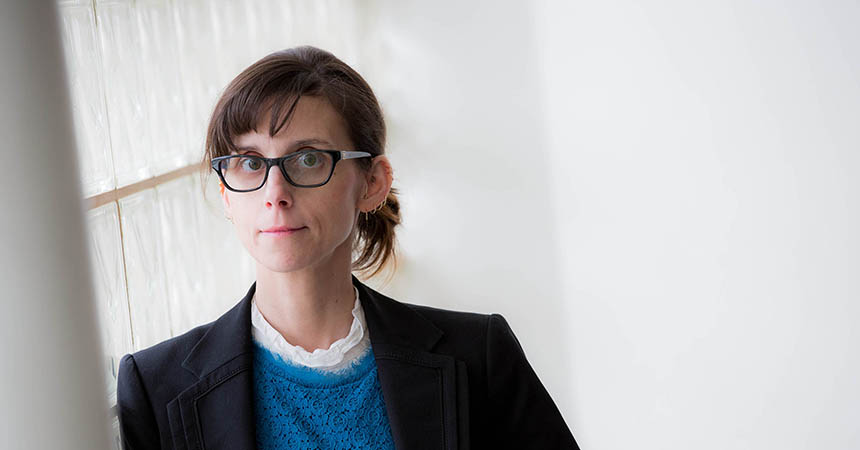How to get a good night’s sleep, even in a time of stress and anxiety
By Jan Jarvis
All those lost commuter hours are being put to good use during the pandemic as more people sleep in.
“People are definitely getting more sleep because they don’t have to drive to work,” said Brandy M. Roane, PhD, DBSM, Associate Professor of Physiology and Anatomy and board-certified behavioral sleep medicine specialist. “They’re following their preferred pattern like they would on the weekend so many are staying up later at night and waking up later in the morning.”
That extra sleep is a welcome relief from the stress and anxiety people are experiencing.
“Honestly, as a culture, we are experiencing higher rates of anxiety and feel more stressed out than we have ever been in history,’” Dr. Roane said.
The good news is that people often feel better when they sleep more because their body is getting sufficient sleep. The body recharges during sleep, and levels of the stress hormone cortisol usually drop. In addition, the immune system gets a boost.
“The extra sleep can make people more resilient to illness, which is especially important right now when people are sheltering in place,” Dr. Roane said.
While getting extra sleep is beneficial, it comes at a price.
“It’s going to be incredibly rough later,” Dr. Roane said. “We’ll probably see an increase in auto accidents because people are going to be so sleepy.”
Information on people’s sleep patterns, based on aggregated and anonymized data reviewed by Fitbit, shows that in countries where people were required to shelter-in-place, bedtimes shifted.
There are things people can do to make sure they get a sound sleep regardless of when they go to bed.
Limiting exposure to COVID-19 news throughout the day, but especially at night in the couple of hours before bedtime, can be helpful.
“It’s not just a matter of turning off the TV,” Dr. Roane said. “Texting, talking, tweeting, reading posts on Facebook or other social media can all contribute to stress and anxiety.”
To improve the odds of a better sleep, use room darkening curtains or wear an eye mask. Non-ceiling fans, like a box fan, or a white noise machine can help block out noise. White noise provides more sleep-conducive background noise versus using a TV or radio.
“If you’re anxious, write down your worries before getting into bed so they’re not jostling around in the brain,” she said. “If you can’t fall asleep, get out of bed and do something boring in dim light. Once you feel sleepy, get back into bed and try to fall asleep again. Rinse and repeat until you are sleeping better.”




![Uyen Sa Nguyen Scaled[58]](https://www.unthsc.edu/newsroom/wp-content/uploads/sites/16/Uyen-Sa-Nguyen-scaled58-145x175.jpg)

Social media